-
Recent Posts
- Knowledge & Wisdom
- TO WRITE, OR NOT TO WRITE? THAT’S THE QUESTION?
- GLOBAL SOLUTIONS TO LOCAL PROBLEMS, OR LOCAL SOLUTIONS TO A BIG PROBLEM ?
- THE KEY TO HAPPINESS
- Back From A Long Break Of Not Writing A Book To My Liking: Memoirs Of A Writer By Rafael Cansinos Assens
- DISCOVERING OUR NARRATIVE, A PROCESS WE CALL LIFE
- ON OUR MISTAKES, SOMETIMES WE FEEL HOPELESS, AND LONELY
- A FEW THINGS ABOUT MY DAILY ROUTINE, AND MAYBE TRAVELING SOON.
- REFLECTIONS FROM AN OLD MAN ABOUT HIS PAST
- RUMORS OF WARS AND SUFFERING
- MY LOVE OF BOOKS, AND MY READING SAGA, A STORY OF LOVE, WONDER, HEARTBREAK, AND BACK PAIN.
- ON MYSTICISM AND MEISTER ECKHART
ALEXANDRIA LIBRARY, WHY DON’T YOU ASK IT TO YOUR MAGIC MIRROR? AND OTHER REFLECTIONS.
How dare you and the rest of your
Play conqueror all you want,
Rape, murder, pillage thousands,
But neither you nor
…has the right to destroy
This entry was posted in Ancient Egypt, Ancient Library of Alexandria, Cultural Attitudes, History, Impermanence, Knowledge, On Reading, Progress, Science, Uncategorized and tagged Ancient Books, Ancient Library of Alexandria, Crystal Gazing Ball, Digital Age, Magic Mirror, Papyrus Scrolls, Wisdom. Bookmark the permalink.

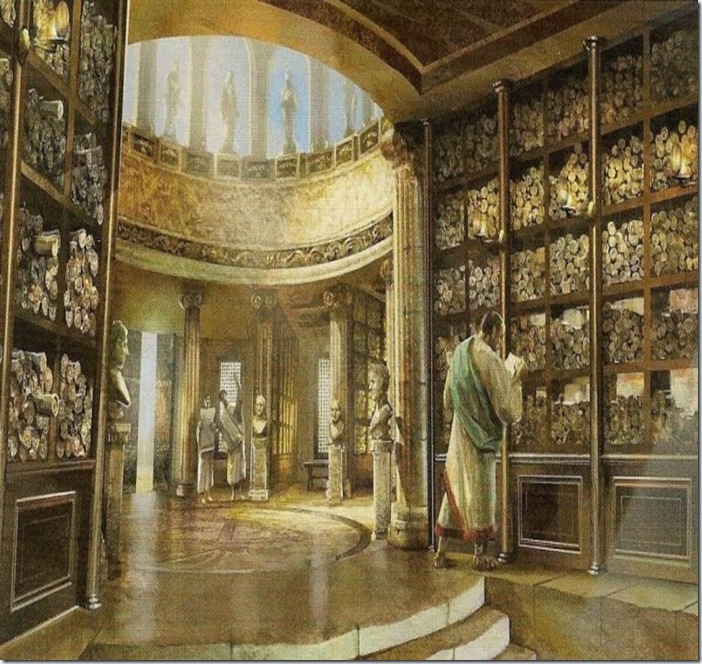
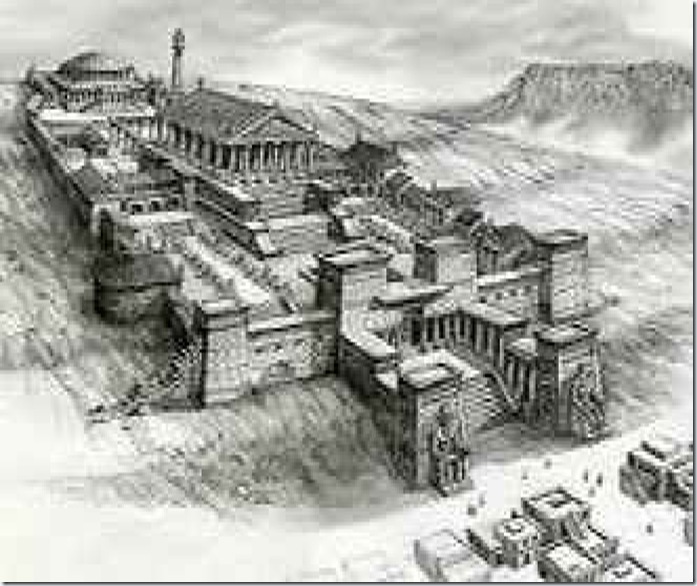
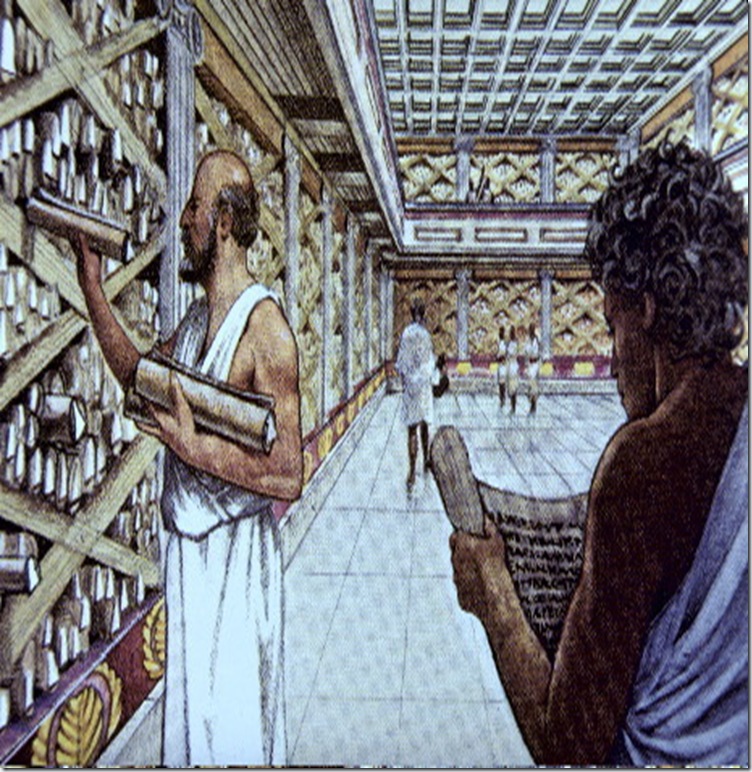
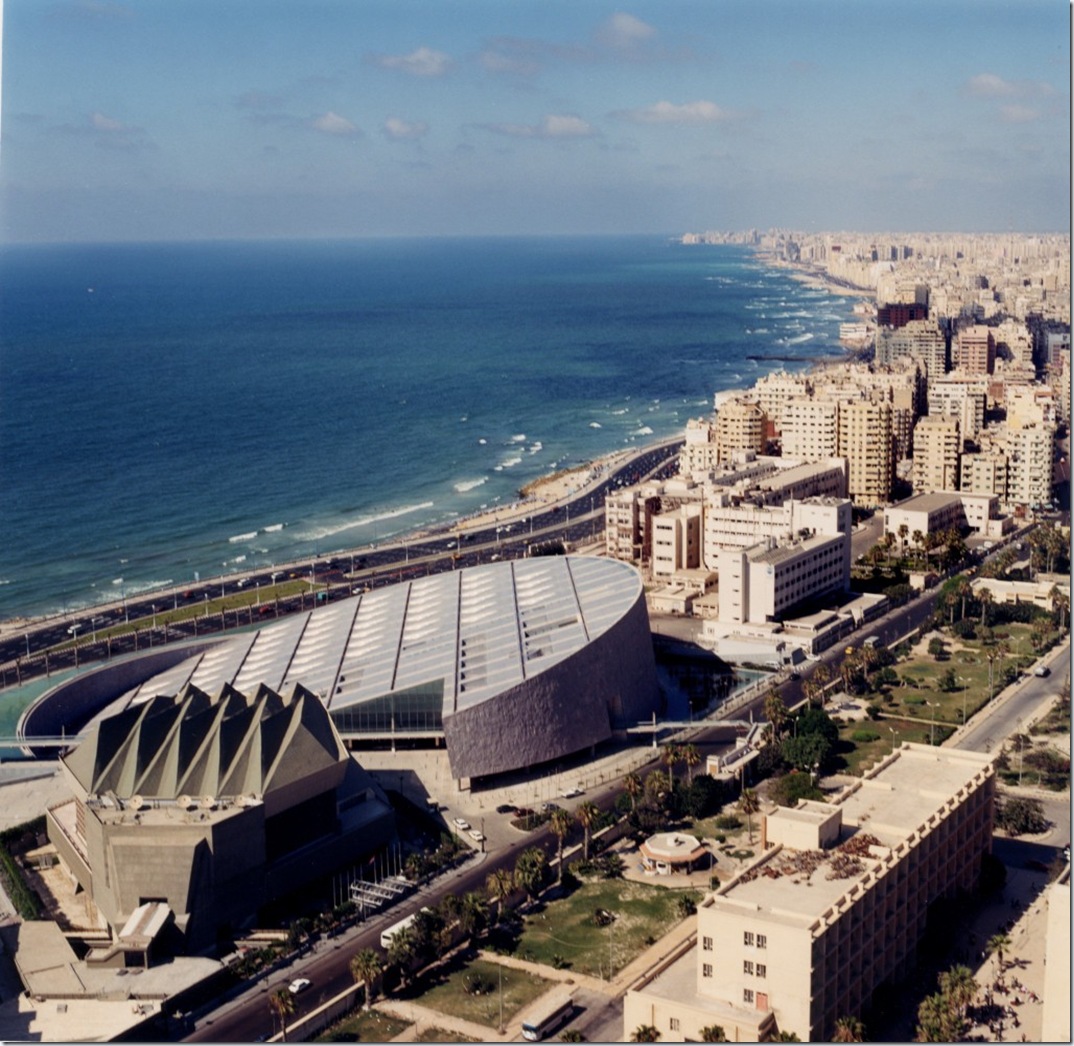
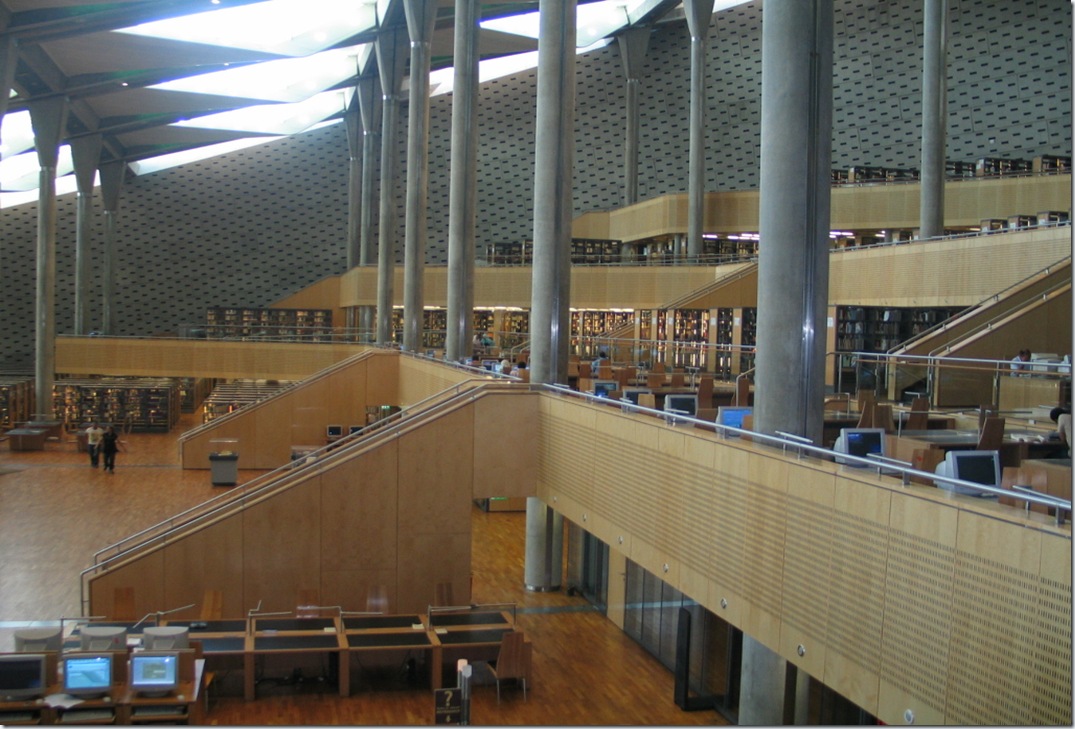
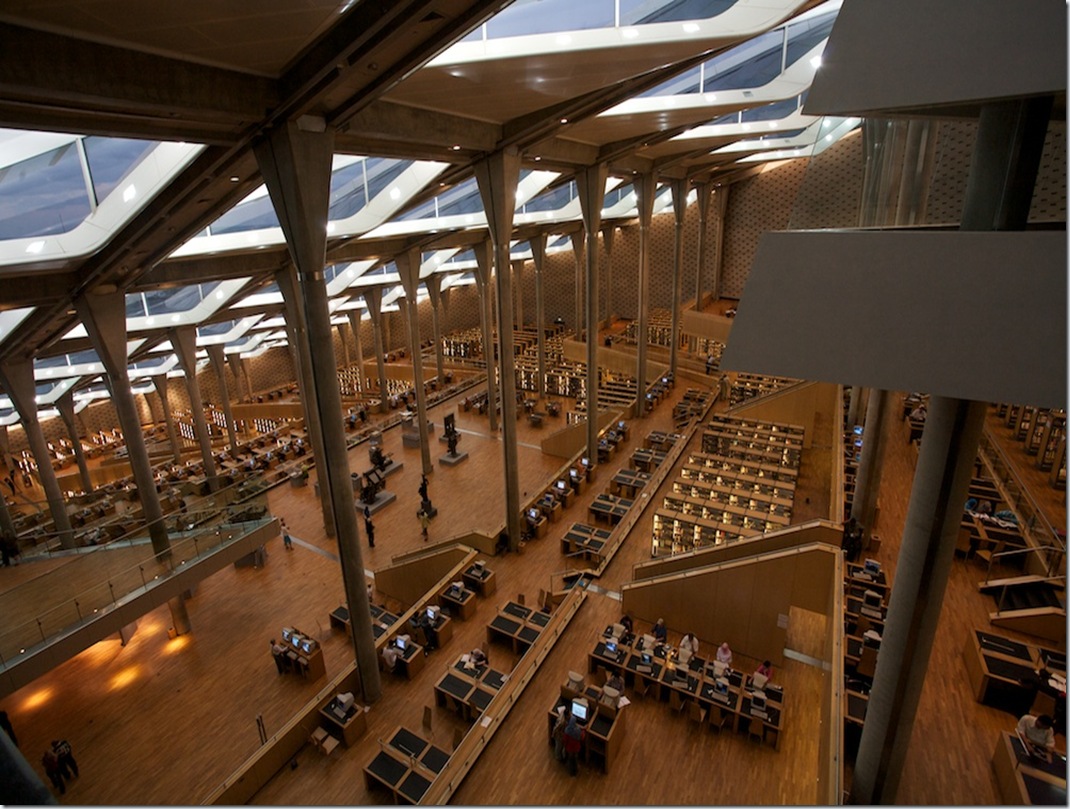
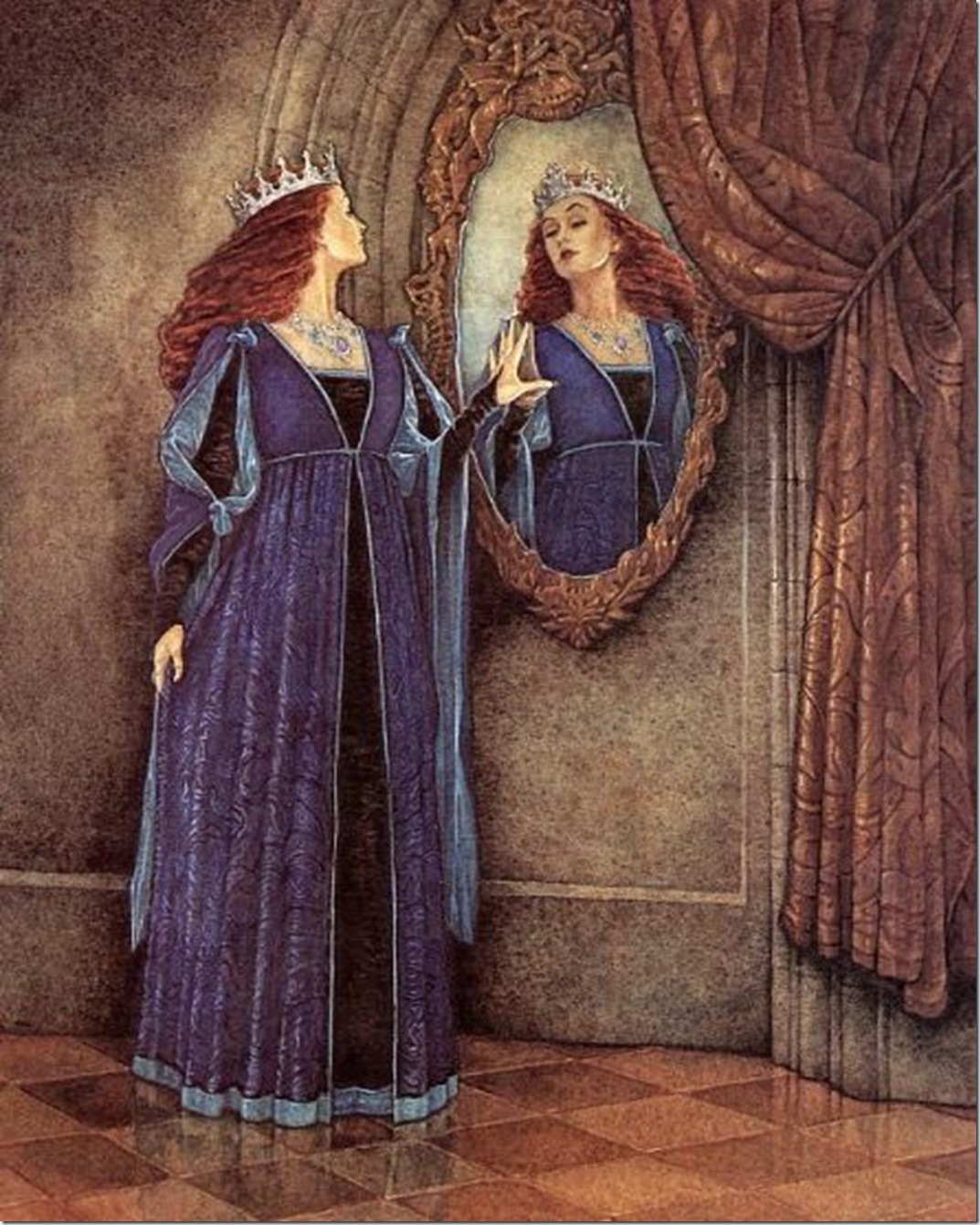
That was rather interesting. Thank you. 🙂
Thank you for your comment, we appreciate it. 🙂
Thanks for the info. It looks beautiful and I hope to visit the library one day 🙂
Let me know about it.
Thank you for commenting. 🙂
Very interesting. Libraries are important and we love them. The lament over lost knowledge continues. We see how the Great pyramid was covered in sands for centuries, together with civilizations buried, their knowledge discarded and forgotten…..Now, what was I saying?
Well, time it’s what it is, doesn’t hold the memory of anybody, just give it a little bit of time, and you will see, or better said you will not, in India, and Iran, there existed civilizations, we do not even know who they were, even less decipher their writing yet.
Ironically some build great tombs of kings to preserve their memory through the ages, and today, we do not know, who they were!
Vanity of vanities; all is vanity. A statement at the beginning of the Book of Ecclesiastes in the Old Testament.
Thank you for your comment. 🙂
I’ve long been puzzled by this short attention span of the species. Doesn’t augur well. Then again I only know a few generations back in my own family tree.
Yes, unfortunately generations multiply as you go back on time, as for example a set of two parents, means that the number of ancestors for each individual doubles every generation. By using basic mathematics, we can calculate that ten generations ago each individual had a thousand ancestors, and 20 generations ago they had a million and so on.
But when we get to 40 generations ago, in the time of Charlemagne, we arrive at a trillion ancestors and that is a problem because we now have more ancestors than there were people. Thus one can deduce that a lot of those ancestors must be the same person.
Not to add we have a hell of a problem to recall a trillion ancestors!
Things to wonder?! 🤔🤨😀
And 99% of fossils are extinct species. Hang in there!👍
Definitively food for thought! 🤔🤨😀
When we look into a mirror we think to see ourselves when in fact we see only what we think we see,
Yes, that’s why we say we are not photogenic, when we look at our pictures!
Thanks for your comment. 🙂
A sad sign of the times, I am afraid.
Yes, you are right, we have so many resources and many of us use them so poorly.
Thank you for commenting. 🙂
A wonderful post – as a child, I too was entranced with the story of this library.
That shows you love books, to me learning about it was sad, and wondered how many great books where lost forever, and what great secrets of antiquity where gone with it.
Thank you Jadi, for commenting. 🙂
Yes – through the years when I read about someone’s ‘lost works’ I imagined them on the shelves of Alexandria!
Yes, maybe we wouldn’t have to rely on second hand information like Diogenes Laërtius, Hegel judged the work of Diogenes Laertius harshly. “A philosophic spirit cannot be ascribed to it,” he declared; “it rambles about amongst bad anecdotes extraneous to the matter in hand.” What is important, Hegel argued, is not that a philosopher lived in such-and-such a way and said this or that; rather, it is how the philosopher fits into the evolution of human consciousness toward truth.
Recently was exposed in the New York Review of Books as follows:
“Poor Diogenes Laertius. He gets no respect. A “perfect ass”—“asinus germanus”—one nineteenth-century scholar called him. “Dim-witted,” said Nietzsche. An “ignoramus,” declared the twentieth-century classicist Werner Jaeger. In his lyric moods he wrote “perhaps the worst verses ever published,” an anthologist pronounced. And he had “no talent for philosophical exposition,” declares The Oxford Companion to Philosophy.”
I thought sharing this with you.
Thank you for your comment. 🙂
A very interesting insight into a renowned source of knowledge. Thank you. Jo
Thank you for your comment! 🙂
I sometimes wonder wheather libraries will still be considered as places of cultural knowledge in the future or if they will be substituted by technical devices! I have recently read that Philip Roth was of the opinion that literature, the way we know it, will vanish! Thank you very much for your interesting post. All the best. Martina
Well Martina as we speak I am seating at my desk, and let say I need to do a little of research about a subject, and I do no have the right books, or articles who could help me with what I need it for, in the old days, would have to go to the library hoping to find it open, and it was not one of those days they will be open only 5 hours, then I will have to wait for some of those books to arrive, since the branch wouldn’t have exactly what I needed, then had the added trouble of returning them on time, plus the inconvenience of going out of my way to get there.
I was lucky to live half a block from one for years, I become very close friend of the staff, and the main librarian, who would do untold favors to me, like giving me access to restricted material, and extending my due date almost at will. unfortunately I moved out of the area, and the privileges I enjoyed were lost.
Fortunately at that time I got my first computer, and that changed the whole ballgame as we like to say here. At the time there were a lot of gaps in the stuff you couldn’t find, but now days, well hardly anything it’s not there, and you can access meanwhile you are seating comfortable in your cozy favorite place, or cafe if you prefer to be near to other people, or decide to kill some time in a nice environment other than your home.
Do I love libraries?
I do, spent countless hours in them, and as today, I rather read a book than read them on a tablet or my computer.
But do I miss the inconveniences that go along with it, and the wonder of having the information you need at your fingertips, as a sort of magical mirror at your disposal, the privilege of magicians of yore?
Well I guess you know my answer!
Thank you Martina for your comment! 🙂
Nowadays, I hardly go to the library myself, despite the fact that there also is a cafe, where one can meet people! What I really enjoy is to speak about a certain book, read it together with my friends or watch a video/film of it on our computer and so discover the magician’s opinions or just enjoy it together!!All the vocabulary in different languages are also an enormous help. In this way we can also socialize as well as learn and this may very well be an advantage in respect to silenty read in a library.So, we see the combination of the many ways to read a book may be good. 🙂
Have a good night. Martina
Despite the centuries old poet’s lament:
Let from its dream the soul awaken,
And reason mark with open eyes
The scene unfolding,—
How lightly life away is taken,
How cometh Death in stealthy guise,—
At last beholding;
What swiftness hath the flight of pleasure
That, once attained, seems nothing more
Than respite cold;
How fain is memory to measure
Each latter day inferior
To those of old.
Beholding how each instant flies
So swift, that, as we count, ’tis gone
Beyond recover,
Let us resolve to be more wise
Than stake our future lot upon
What soon is over.
Another even older poet affirmed millennials ago:
Look to this day:
For it is life, the very life of life.
In its brief course
Lie all the verities and realities of your existence.
The bliss of growth,
The glory of action,
The splendour of achievement
Are but experiences of time.
For yesterday is but a dream
And tomorrow is only a vision;
And today well-lived, makes
Yesterday a dream of happiness
And every tomorrow a vision of hope.
Look well therefore to this day;
Such is the salutation to the ever-new dawn!
Best regards, Martina! 🙂
What poems!!! Thank you som much for these beautiful and true words. Carpe diem and enjoy the moment.:)
I am glad you like them, Martina. 🙂
Great post based on the old Temple of Widsom,and the new one,which is a masterpiece of modern architecture.I share your feelings,it was traumatic for me too to learn about its gradual catastrophe.
Now that the digital world has taken over,and our sentimental world is rather affected,we look back at the whole story from a distance and we feel it’s only history …
Thank you for all the enlightening posts you share with us.Best wishes to you
Yes, a great lost at the time, and who knows how many great ancient books were lost, and maybe, we will never know what we missed, however it’s doubtful they had the information on those day we know today, and better yet, we do not have the need to go through hundred, or thousands of scrolls to find it, we have it right here, at our fingertips. a lot more they ever dream to have.
Thank you Doda for your comment! 🙂
Thank you for your thoughful reply.We’ll never learn about the exact treasure that was lost.Nowadays,we put everything in safe capsules which are well kept and nothing will be lost again …
So, we hope!
But time am afraid may make a fool of us, sort like those ancient cities you find in Iran, the Hindus valley, the Kingdom of Meroe (in modern day Sudan), whose Meroitic Script is yet to be deciphered as well as the so-called Linear A script of the ancient Minoan culture of Crete which also has yet to be understood.
Here it’s a list that may even miss some of the writing systems we may not yet even known:
Linear A
Cretan Hieroglyphics
Wadi el-Hol script
Sitovo inscription
Olmec writing
Singapore stone
Rongorongo
Proto-Elamite
Some years ago I read an interesting article about a place in Iran, that I cannot recall the name, where kings built tombs, obviously to be remembered of their might, ironically we do not know who they were, because we can’t read what they wrote yet!
As Ecclesiastes: Vanity of vanities, says the Preacher,
vanity of vanities! All is vanity.
What does man gain by all the toil
at which he toils under the sun?
A generation goes, and a generation comes…
Thank you Doda! 🙂
“As Ecclesiastes: Vanity of vanities, says the Preacher,
vanity of vanities! All is vanity.
What does man gain by all the toil
at which he toils under the sun?
A generation goes, and a generation comes…”
Yes. Thank God it’s simply an illusion.”
❤
I couldn’t agree more with all the illustrations,your thoughts and particularly with your Ecclesiastes reference,it says it all.Every time we open a door there are more closed ones to challenge us …
Btw,”Scientists Finally Cracked The Code Of The Ancient ‘Phaistos Disk’”,here is the link for you to read,if you can spare some of your precious time :
https://www.huffingtonpost.com/2014/10/28/ancient-cd-rom-phaistos-disk-code_n_6055178.html
Are you joking about my precious time?
immediately went and look at Dr.Gareth Owens talk on TED! 🙂
I guess if I am not missing more newer discoveries, they got an idea it was a Mother Goddess invocation, however, as of that date, four years ago, they said:
“It goes without saying that that the language of the Disk is unknown,” said the TEI site, “and thus the text remains beyond our reach. Nevertheless, this has not deterred many potential deciphers from offering their own interpretations. Indeed, more has been written about this Cretan inscription than about any other…”
Yes it’s great progress, but as usually happens, what we lack it is context, due to our limited knowledge from a civilization who flourished roughly, almost 4000 years ago.
Thank you Doda, for this information. 🙂
My pleasure 🙂
I was not aware they had built a new library to replace one of the lost Seven Great Wonders of the World – thank you for this information. 🙂
I have been spending much of my time recently looking into the fundamentals, starting with our numbering system and simple(?) mathematics and i noticed a number of inbuilt features of the Library relating to the 16:10 relationship , not the least that it was opened on the 16/10/2002!
The 16 x 10 roof tiles/triangles/rectangles of the circular roof which themselves all hold the 16:10 or 8:5 width/length relationship that i assume i might be a fraction off in my whole number calculations and the real ratio may be the Golden Mean of 1.618…: 1?
Also the fact that it is 16 x 10 = 160m in diameter and is 32 m (16 x 2 or 160/5) in height. it would be interesting to know what slope the roof has and the dimensions of the ellipse it forms. ;-).
I am spending much of my study on the 4 numbers that are the initial stages of the flower of life: 0,1,2,3 and the 3 dimensional form that combines both the sphere and the cube – the octahedron. It is amazing the places that consideration of these simple things leads one to…. and how ancient is the knowledge i am rediscovering. I am sure my studies would have fit in very well with the visitors to the original Alexandrinian library.
❤
Well they seem despite the criticism, did a nice job, after all an architectural design competition was organized by UNESCO in 1988 to choose a design worthy of the site and its heritage. The competition was won by Snøhetta, a Norwegian architectural office, from among more than 1,400 entries.
The golden ratio f (a Greek letter pronounced phi) is an irrational number, one that is impossible to express as a simple fraction; and it is the most irrational of all irrational numbers because it can’t even be approximated as a simple fraction. Yet it turns up everywhere in nature; from chemical bonds in molecules to branching trees, spiral galaxies, and fundamental quantum reality; it is embedded in our brain waves, in music, and of course, in the heart of mathematics.
If you are interested, you may like to read the book : The Golden Ratio by Mario Livio.
Maybe you did already.
Thank you for commenting, we appreciate it. 🙂
No, i have not yet read Mario Livio’s book but i have redicovered, from first principles, some curious properties of both Phi and the Fibonacci series. I found, and since had it confirmed by a Prof of mathematics, that the fibonacci series has a repeating pattern based upon 5,10,15,20 etc. and the number 11. The value of the eleventh number in the series (counting the first 0) is the addition of the 1st in the sequence plus 11 times the 6th (11-5/1+5) – this then continues for all successive numbers in the series to infinity.
The curious thing is that this exact same relationship calculation applies to the powers of Phi: 1, P, PxP, PxPxP, PxPxPxP, etc. The eleventh value = the 1st value plus 11 times the 6th value. I also love the fact that 1/Phi = 0.618…; Phi = 1.618… and Phi Squared = 2.618…!
Phi to the power half, one and 2 or time, times and half a time. 😉 Phi to the power of 0 = 1 and is the first number in this series.
All things are connected… and mathematics can prove this, and now so can i 🙂
I share your thoughts on people today and their mobile phone usage. I had very similar thoughts concerning that wonder of my age – the Television… the benefits it had the potential to bring and yet the dross/distraction it provides to many.
My Thanks once again.
❤
I am glad about your studies, and discoveries.
And I am glad you hold similar vies than I do.
Thank you for your interest, and your nice comments, we appreciate them. 🙂
I love the way you use illustrations to explain your posts. How fascinating is the old illustration of the Ancient Library of Alexandria.
I guess I am a visual person, like Art, and Photography, and figure make people more interested on reading the posts.
Thank you Maria. 🙂
un post magnifico commovente le ricordo distanza Antica cultura della biblioteca di Alessandria cuore del pensiero umanistico.
Chapeau!
( Thank you so much for remembering me🦋
Grazie, è sempre un piacere visitare il tuo blog, cara Sherazade.
And thank you for liking my post. 🙂
You are welcome !!
Ciao da Roma.
Sherazade
Very good, wonderfull article.
Thank you, we appreciate your comment. 🙂
Heel knappe interessante post
Thank you Marylou. 🙂
I didn’t know about the new llbrary. Wonderful building, thanks for the images.
Your article and the discussions bring to mind … ‘Long live the dead because we live in them.’ ― Clarice Lispector – A Breath of Life
Yes, another phrase attributed to Bernard of Chatres:
Nanos gigantum humeris insidentes.
Standing on the shoulders of giants.
Expresses the meaning of discovering truth, by building on previous discoveries,
Thank you for your comment. 🙂
Yes, and with it consciousness expands, as does self-knowledge – which is not sufficiently heeded and therefore becomes increasingly disturbing.
Happy to have the new library, even if it only acts as a museum. I think I may have witnessed some book burning in another incarnation as it really affects me on a visceral level as well. Thanks for this post.
I agree with your feelings, I feel the same way, however now day we have some compensations coming our way, like having the internet, and all it’s wonders at the tip of our fingers. 🙂
It’s a neat project, the new library, in many ways. Still, the sense of lament for what was lost is difficult to ameliorate. Especially concerning the vast amounts of esoteric materials which must have occupied the old shelves and canisters. Things extremely difficult to re-acquire.
Yes, if with two small discoveries, the Qumran caves manuscripts, and The Nag Hammadi library (also known as the Chenoboskion Manuscripts, and the Gnostic Gospels we have learnt so much, imagine having access to many of the papyrus scrolls lost in the Alexandria library!
Unfortunately paper wasn’t a great durable technology, most of what we know about antiquity to a certain point in the past before the Greeks we owe to tablets, and stone inscriptions, like the famous Rosetta stone, in fact we probably have lost as much paper material through the ages gradually by fire, damp and moths, that by itself may account for a few libraries, I guess will never know.
Let’s hope we will be able to preserve the digital knowledge for future generations, who knows if by the avatars of History in the future we may lose that technology as well, and in 10,000 year we may not even know what a computer was…It seems everything change, except impermanence.
Thank you for your comment. 🙂
I always learn something new from your blog. Excellent post!
Very kind of you, thank you for your comment! 🙂
Thank you for checking out my blog!
You are welcome. 🙂
I would say that libraries are the foundation of any democracy. And the ancient library in Alexandria most have been an amazing place, then as it would have been today, I am sure.
Alexandria at the time, of the library, It became Egypt’s main Greek city, with Greek people from diverse backgrounds. Alexandria was not only a center of Hellenism, but was also home to the largest urban Jewish community in the world.
Yes Otto it was an amazing city.
Thank you for your comment, we appreciate it. 🙂
I am passionate about libraries- I work in one. Sadly, with the exception of a few, they are not treated with great reverence in the UK. Budget cuts have seen to job loses and library closures and literacy levels are tumbling. Can’t put it down to fires or wars. I’d rather have rich eyes and poor pockets, but what do I know.
Your posts are an injection of knowledge and understanding. It’s a huge pleasure visiting your site,
Yes, I grew up with libraries in the pre-Internet days, at one point I lived for a few years half a block from a library, at a time when I had a lot of free time to use it almost at leisure, got fond memories of it, I befriended all the staff, and got a few privileges, unfortunately new technology has made libraries, sort of not a priority, I sympathize with you.
Thank you for your nice comment , we appreciate it 🙂
When I first learned about the Alexandria library in school I wondered how could people back then let so much knowledge disappear… why wasn’t it properly guarded so that future generations could learn from all this wisdom? Unfortunately, now as an adult I understand only too well. We have seen it happening all around as history is obliterated in one way or another. Perhaps now with the internet there is a chance that whatever knowledge and wisdom our civilization has accumulated cannot be destroyed by the temper tantrum of some ignorant despot. Or maybe that’s just wishful thinking.
It come to mind the April 29, 1986, was a day when most of the world fretted about a horrific disaster known as Chernobyl. In Los Angeles, it was the day our library burned and our earth stood still, what a disaster that was,
Theories pointed toward a would-be hero/arsonist who set the fire and then hoped to put it out to impress people.
Even after total resurrection in 1993, it seemed like a terribly unreal nightmare. Just to ponder 200,000 books destroyed, and many valuable archives, by the act of a madman.
Irreplaceable numbers of hard copy periodicals, drawings from patents, historic maps, fine art prints, photography negatives and newspaper archives were turned into ash or mush by the water that inexorably seeped down the stacks and into the basement. The bottom floor of the venerable landmark became a waterlogged graveyard of collections.
A digital archive may prevent that, however I wonder how time inexorably takes charge of destroying Mankind’s memories, in some of my answers above reflect if in 10,000 years from now, or a million years, we will even remember the Alexandria library, or our computers?
Or somebody will dig out Los Angeles, like an archaeological site, by then an Island floating in the Pacific, or underwater?
Thanks for your nice comment. 🙂
Very good article, I am going to reblog this one for you.
Thank you very much! 😉
Reblogged this on Truth Troubles.
Reblogged this on ReBirth: The Pursuit of Porsha.
Thank you very much for your kindness. 🙂
A true piece of history.
I like to read you, theburningheart! Always inspire and enlighten me!
Have a nice day.
Thank you for your nice comment Katherine, it’s appreciated. 🙂
Thank you too! I’m glad!
Pingback: Alexandria Library – WJ Clark